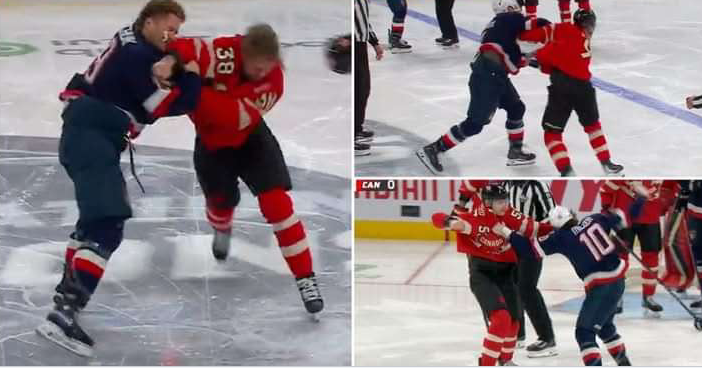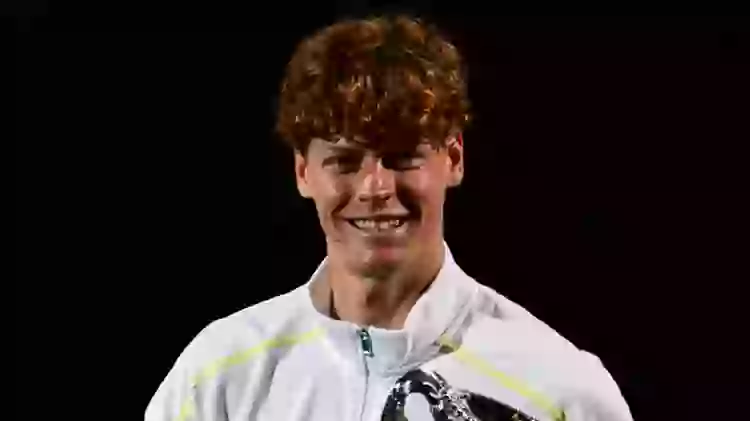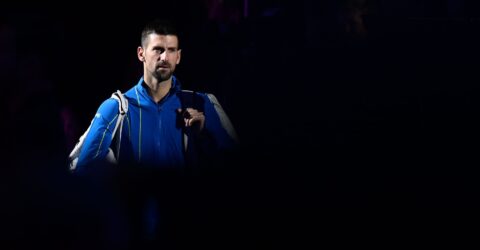Novak Djokovic, a name synonymous with excellence in the world of tennis, has consistently kept fans, analysts, and rivals on their toes throughout his illustrious career. With multiple Grand Slam titles, a record-breaking number of weeks ranked as the world No. 1, and a fierce competitive spirit, Djokovic has established himself as one of the greatest athletes of all time. Yet, as he approaches a new chapter in his career, the Serbian superstar seems to be on the verge of taking a bold step by considering the hiring of a high-profile coach. This potential move comes amidst a whirlwind of expectations and the ever-evolving landscape of professional tennis.

As Djokovic enters what many refer to as the twilight of his career, he faces a critical juncture. The tennis ecosystem is continually shifting, and with rising stars like Carlos Alcaraz and Jannik Sinner making their mark, the competition is fiercer than ever. Djokovic’s recent performances have shown flashes of brilliance but also highlighted moments of vulnerability. The pressure to maintain his elite status while incorporating new strategies has led to speculation about revamping his coaching setup.
The departure of his long-time coach, Marian Vajda, who had been with him for nearly two decades, marked a significant turning point. Vajda played a monumental role in Djokovic’s success, guiding him through numerous triumphs, including six Australian Open titles and the completion of the Golden Masters—winning all nine ATP Masters 1000 tournaments. With Vajda’s exit, the vacuum left behind raises questions about Djokovic’s future approach to the game and whether a fresh perspective could reignite his drive and enhance his performance.
Historically, the role of a high-profile coach can be transformative for an athlete at any stage of their career. In Djokovic’s case, hiring someone with a notable track record could provide the innovative strategies and mental fortitude needed to adapt to the changing dynamics of the sport. Icons like Andre Agassi, who worked with Djokovic earlier in his career, have brought invaluable insights that boosted players’ mental games and overall techniques.
One prominent name that has been floated in discussions is Patrick Mouratoglou, the French coach renowned for his work with Serena Williams. Mouratoglou’s considerable experience at the highest level comes with a reputation for developing players’ all-court games and mental resilience—two areas Djokovic could benefit from as he continues to face younger competitors. Other candidates, such as Boris Becker and even legends like Ivan Lendl, may bring their unique philosophies and experiences to the table, each having successfully collaborated with top-tier players and helped them refine their skills under pressure.
The expectation surrounding Djokovic continues to grow as fans and commentators anxiously await confirmation of his new coaching arrangement. A high-profile coach would not only elevate his training regimen but also reshape his public persona and marketability within the sport. With the tennis world keenly observing every decision Djokovic makes, the weight of expectation is significant.
These expectations also translate into performance. Having a respected figure in his corner could help alleviate some pressures, offering insights and guidance during tense matches or crucial tournaments. A coach with experience in high-stakes situations could cultivate Djokovic’s already strong mental game, allowing him to navigate pressure with greater confidence. Moreover, a new coaching relationship could usher in tactical changes, expanding Djokovic’s already diverse skill set to better counter emerging threats on the ATP tour.
While the potential hiring of a high-profile coach brings anticipation and excitement, it also poses a range of challenges. Integrating new methodologies and philosophies into an established regime can lead to friction. Djokovic’s history of working with long-time coaches means that adapting to new strategies could take time. The nuances of his game, honed over many years, would need to blend with a fresh coaching perspective.
Establishing a compatible relationship is crucial. The coach must understand Djokovic’s unique playing style, mental strengths, and weaknesses to foster an effective partnership. Djokovic’s fierce competitive spirit might not always mesh harmoniously with a new approach, and alignment on strategy would be imperative to avoid conflicts that could jeopardize both his performance and his long-term career objectives.
As Novak Djokovic contemplates reinventing his team with a high-profile coaching addition, the implications extend far beyond personal performance; they could redefine his legacy within the sport. Djokovic, who continues to excel even as the competition becomes more daunting, has made it clear that he is not ready to relinquish his spot in tennis history.
By embracing the potential for change and innovation, Djokovic is poised to challenge not only his capabilities but also the expectations set upon him. As he embarks on this new journey in partnership with a new coach, fans and competitors alike watch with bated breath, eager to witness how this legendary athlete adapts and evolves in the face of change. Whether this coaching evolution leads to further Grand Slam victories or merely serves as a stepping stone for future endeavours, one thing is certain: Djokovic remains committed to excellence, ready to reinvent himself yet again in the relentless pursuit of greatness.






